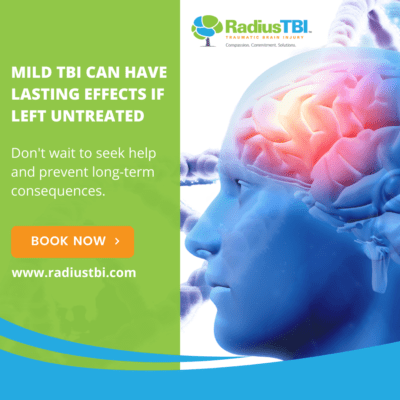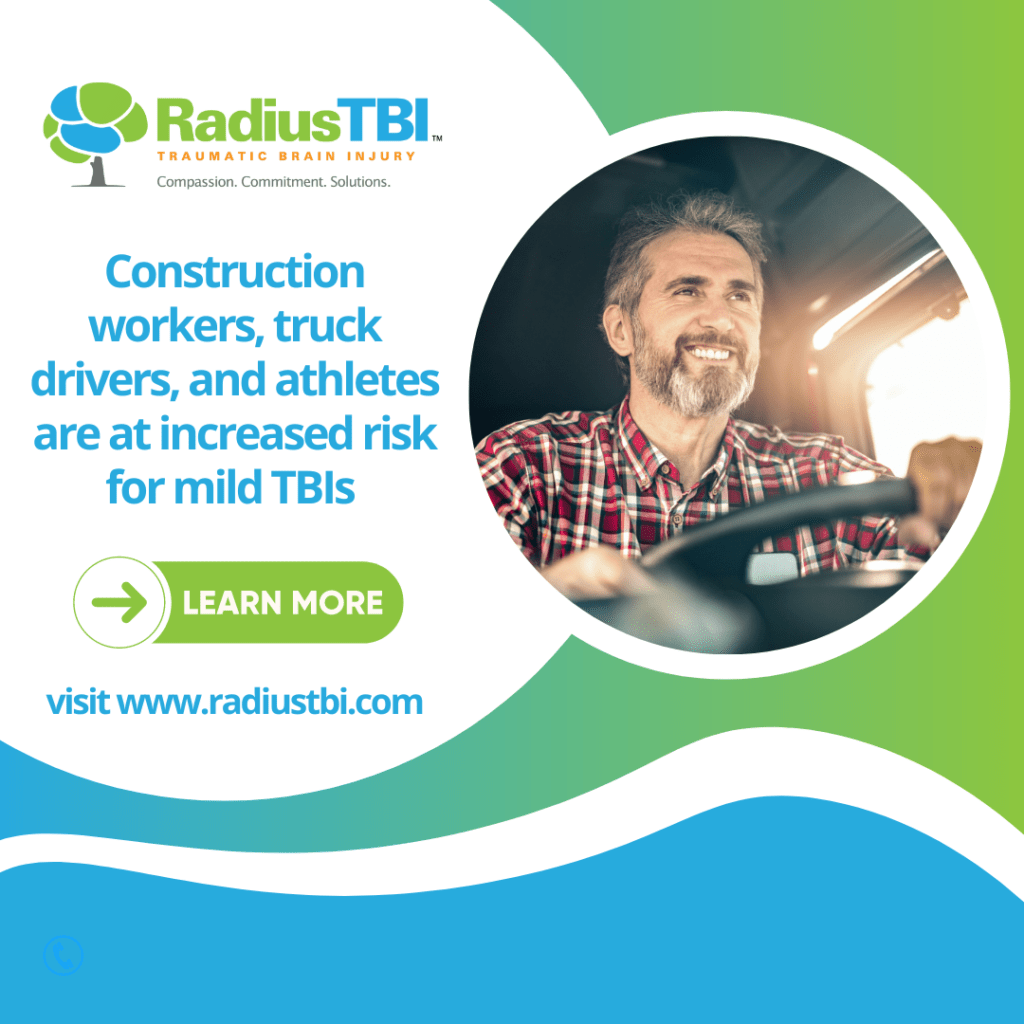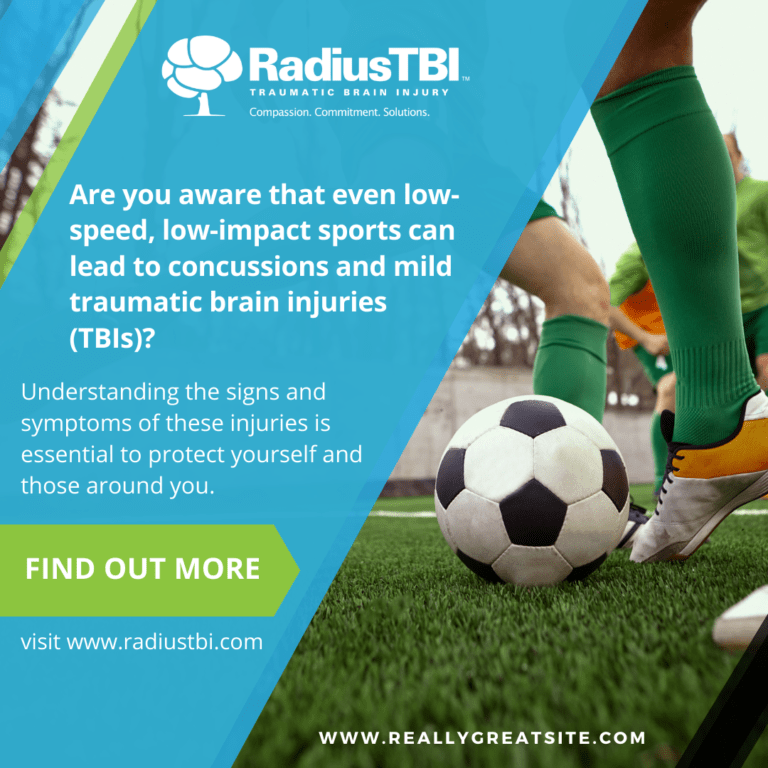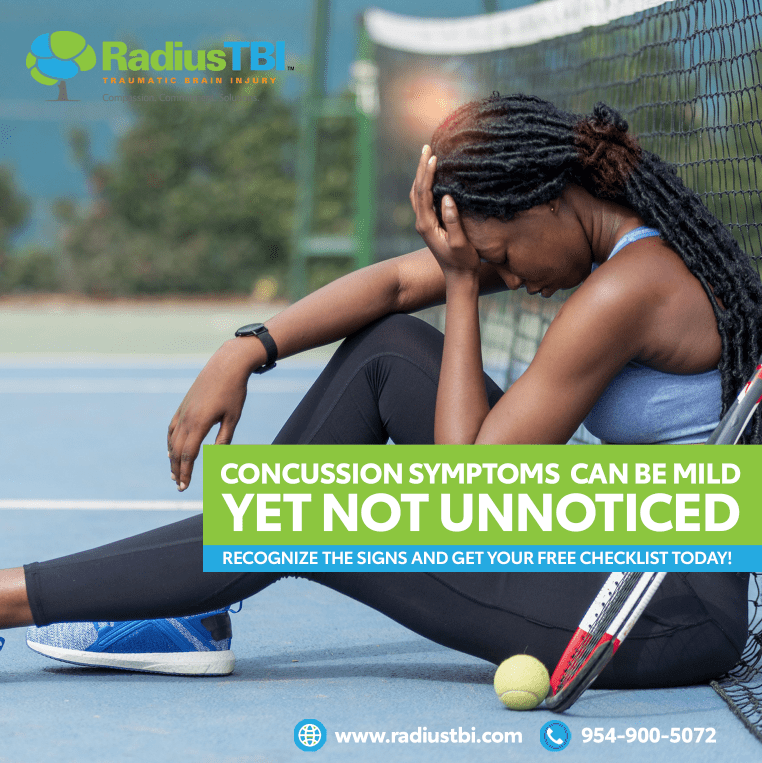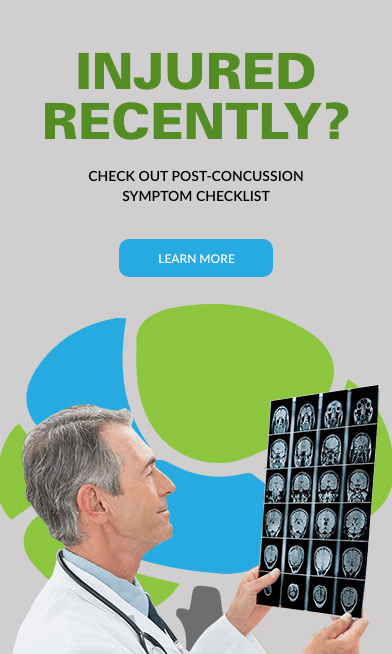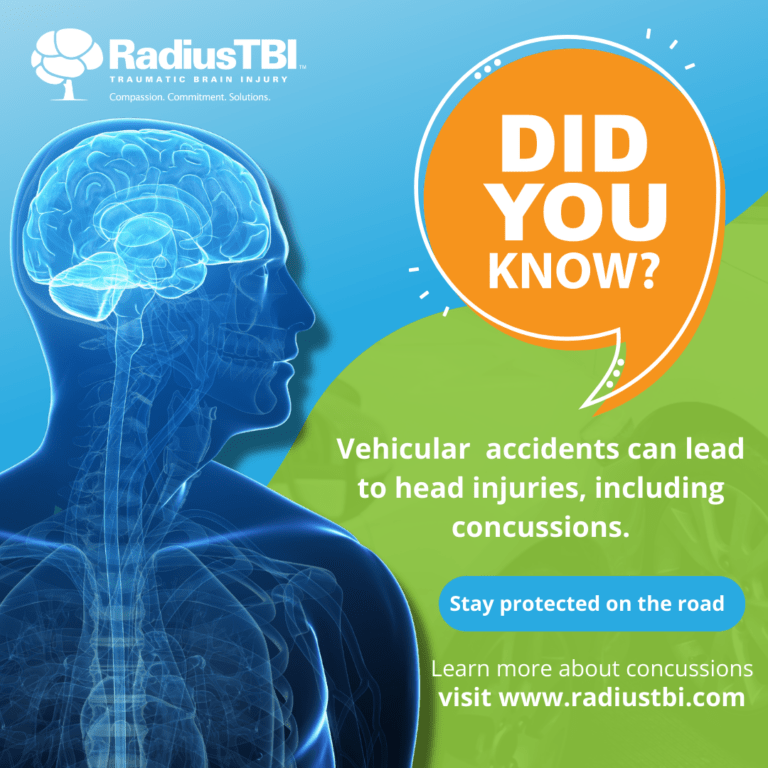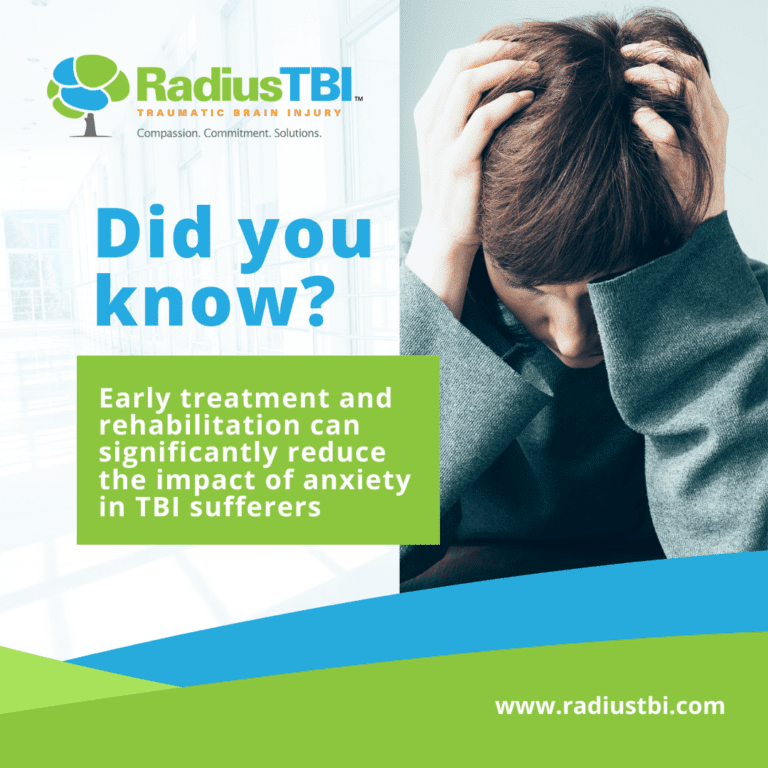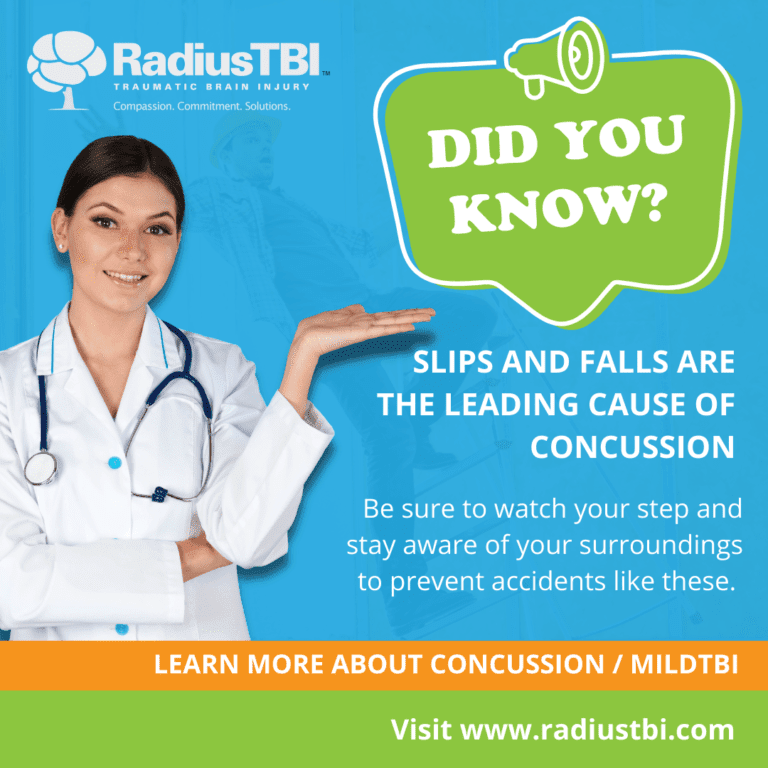Head/Brain-Injured Workers in the Workplace
Slips and Falls, Auto Accidents And Accidental Contact Are The Main Causes Of Concussion
Traumatic brain injuries occur more frequently to the workers in a workplace than you would think. Injured workers with concussions and other brain injuries result from traumatic impacts like falls, blunt trauma, or car accidents. An external impact on the head causes your brain to move inside your skull. Although some movement is normal, excessive force can cause the brain to contact the insides of the skull and cause bruising, temporary and long-term brain damage.
According to a 2020 National Institute of Health study, 1.4 to 3.8 million Americans suffer concussions yearly. That is a conservative estimate due to the amount of assumed untreated concussions.
Mild traumatic brain injuries occur more frequently than you would think. Concussions and other brain injuries result from traumatic impacts like falls, blunt trauma, or car accidents. An external impact on the head causes your brain to move inside your skull. Although some movement is normal, excessive force can cause the brain to contact the insides of the skull and cause bruising, temporary and long-term brain damage.
According to a 2020 National Institute of Health study, 1.4 to 3.8 million Americans suffer concussions yearly. That is a conservative estimate due to the amount of assumed untreated concussions.
The specialists at Radius TBI have years of experience diagnosing and treating mild traumatic brain injuries of all degrees. The doctors have an acute eye for symptoms indicating concussion and assessing the severity of your injury. It is always important to receive treatment for mild TBIs early, as allowing them to go undiagnosed can lead to permanent long-term brain damage. For more information about treating concussions and mild TBI, visit our concussion treatment page!
Leading Causes of Traumatic Brain Injury
Recognizing who is most at risk for concussions and mild TBIs is important. Awareness is the first step in prevention, as an elevated level of safety in specific situations can save you from injury. Below are statistics that have been collected by the Centers for Disease Control and Prevention (CDC) regarding the prevalence of mild TBIs:
- Falls accounted for almost half (48%) of all TBI-related emergency department visits, disproportionately affecting young children and the elderly
- Being struck by or against an object was the second leading cause of TBI-related ED visits, accounting for about 17% of all TBI-related ED visits in the United States in 2014.
- Four in five (81%) TBI-related ED visits in adults 65 years and older were caused by falls.
- Motor vehicle crashes were the leading cause of hospitalizations for adolescents and adults aged 15 to 44.
- Falls and motor vehicle crashes were the first and second leading causes of all TBI-related hospitalizations (52% and 20%, respectively).
Occupations Most at Risk of Concussion & Mild TBIs
Using this information, we can understand who is most likely to develop a concussion or mild TBI and which occupations could be at an increased risk!
Construction and Tradespeople
Working on a construction site can be extremely dangerous. Even with today’s incredibly strict safety standards, it’s just part of the job. Workers often work at heights with a risk of serious falls. Materials are constantly being moved around the site, often at the head level. Vehicles and heavy machinery are also moving in unpredictable ways that can cause injury. These are only a few examples of why the construction industry has the greatest number of fatal and nonfatal traumatic brain injured workers in U.S. workplaces.
Truck Drivers and Auto Accidents
With auto accidents being the second most prevalent cause of TBI in America, it makes sense that those on the road are most likely to experience an injury. Truck drivers are especially prone to injury as they work long shifts on short turnarounds and can suffer from reduced spatial awareness and mental clarity. Even when well-rested, the more time you spend on the road, the higher your chances are of getting into an auto accident and suffering a concussion from the impact.
Casual and Professional Athletes
You don’t have to play sports at the professional level to suffer a concussion. Plenty of casual and enthusiast-level sports introduce the risk of mild TBIs. At the professional level, as the speed and motion of the sport increase, so too do your chances of injury. High-speed, high-impact sports like:
- Football
- Ice Hockey
- Martial Arts
There are sports where it is assumed that wearing a helmet prevents you from injury. Although helmets may prevent blunt injuries like skull fractures and superficial injuries like cuts and scrapes, they do not prevent concussions and mild TBIs. A helmet can protect your head, but the transfer of motion causes a concussion. The jarring and sudden stop of colliding with an object still causes your brain to move inside your skull, regardless of the protective headgear. Listed below are other sports that can have an incidental risk of concussion.
- Baseball and softball (when batting)
- Cycling
- Horseback riding
- Powered recreational vehicles
- Skateboards/scooters
- Skiing
It’s important to always be aware of the risks associated with your activities and do whatever you can to stay safe and protect your head. Of course, accidents can always happen, but the more precautions you take, the better off you will be. When injuries occur, you should always have a plan in place so you don’t have to make tough decisions under pressure.
Want to Learn More About Concussion and Mild TBIs?
If you have questions about concussions and mild traumatic brain injuries or are worried that you may suffer from a concussion, contact the professionals at Radius TBI! We also have a workers’ compensation neurologists.
Early diagnosis and treatment are critically important for reducing long-term effects and preventing brain damage! Call or book a consultation online today to meet with a specialist!
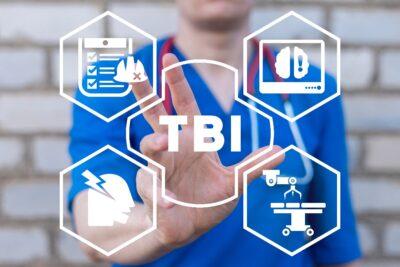
Latest News & Updates
Blogs
Recent Blogs

QEEG Brain Map Interpretation
In the world of neuroscience, one of the advanced tools used to understand brain function is the Quantitative Electroencephalogram (QEEG), often referred to as brain

Meet Our No.1 Best Neuropsychologist in Tampa, FL Location
At Radius TBI, we pride ourselves on providing exceptional care for individuals suffering from traumatic brain injuries (TBI) and concussions. Our integrated medical team in
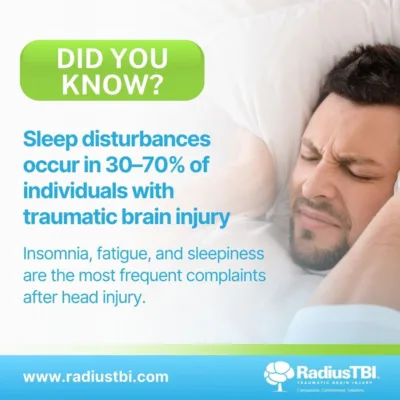
Sleep Disturbance
Did you know? Dealing with a traumatic brain injury (TBI) often means navigating a range of complications, one of the most prevalent being sleep disturbances.
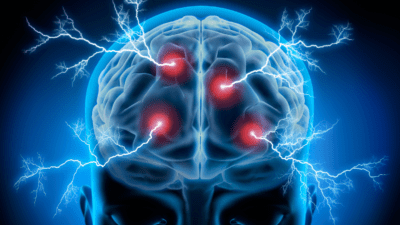
Understanding Routine EEG, QEEG, and Ambulatory EEG Tests
EEG, QEEG, and Ambulatory EEG are distinct forms of electroencephalography, each serving unique purposes in the diagnosis and monitoring of neurological conditions.


